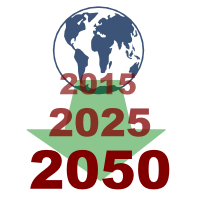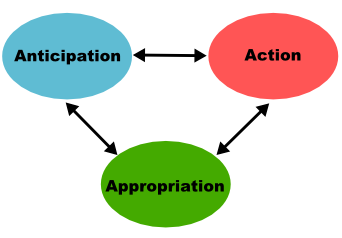Futures Studies

The future is the last unknown land - where no man has gone before, a vast continent full of unexpected discoveries and surprises. No science can supply us with a "futuroscop", but nevertheless the future needs not to remain a white spot on the mental landscape of mankind. At least rough outlines can be discerned. Generally, futures studies are based on the assumption that the future is not yet determined but open. It depends on our actions and can - in the best case - be shaped by our actions. For that reason, futures studies is developing scenarios for different kinds of futures - for possible, probable, and preferable ones. It combines an explorative and a normative dimensions.
"Foresight can be defined as a systematic, participatory, future intelligence gathering & medium-to-long-term vision-building process aimed at present-day decisions and mobilising joint actions." (High Level Expert Group: Foresight for Europe, European Commission, DG Research, Brussels, April 2002)
According to our French colleague Michel Godet, it combines the three nodes of the Greek Triangle:
- thinking the future (anticipation)
- debating the future (appropriation)
- shaping the future (action)

